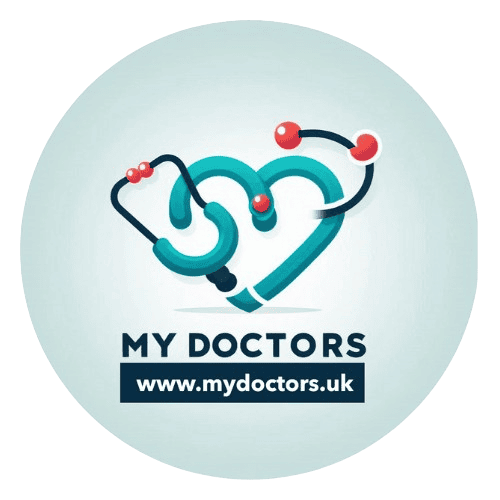The urgent healthcare system in the UK is designed to provide prompt medical attention for non-life-threatening conditions that require immediate care. It encompasses a network of services, including:
NHS 111: A 24/7 free helpline and online service offering advice, assessments, and referrals to appropriate care.
Urgent Treatment Centres (UTCs): Walk-in centers for minor injuries and illnesses, open extended hours and often staffed by GPs, nurses, and other healthcare professionals.
GP Out-of-Hours Services: Available evenings, weekends, and bank holidays when regular GP surgeries are closed.
Walk-in Centres: Similar to UTCs but may have more limited services.
Minor Injuries Units (MIUs): Specialize in treating minor injuries like sprains, cuts, and burns.
Choosing the right service depends on the severity and nature of your condition. Here’s a quick guide:
Life-threatening emergencies: Call 999 for an ambulance.
Urgent, but not life-threatening: Contact NHS 111 for advice and direction.
Minor injuries and illnesses: Consider visiting a UTC, MIU, or walk-in center.
Ongoing health concerns: Contact your GP for routine appointments and advice.
The UK’s urgent care system aims to provide timely and appropriate care, reducing pressure on emergency departments and ensuring patients receive the right treatment in the right place. However, challenges like high demand, staff shortages, and long waiting times can affect the system’s effectiveness. The NHS is continuously working to improve and streamline urgent care services to better meet the needs of patients across the UK.
